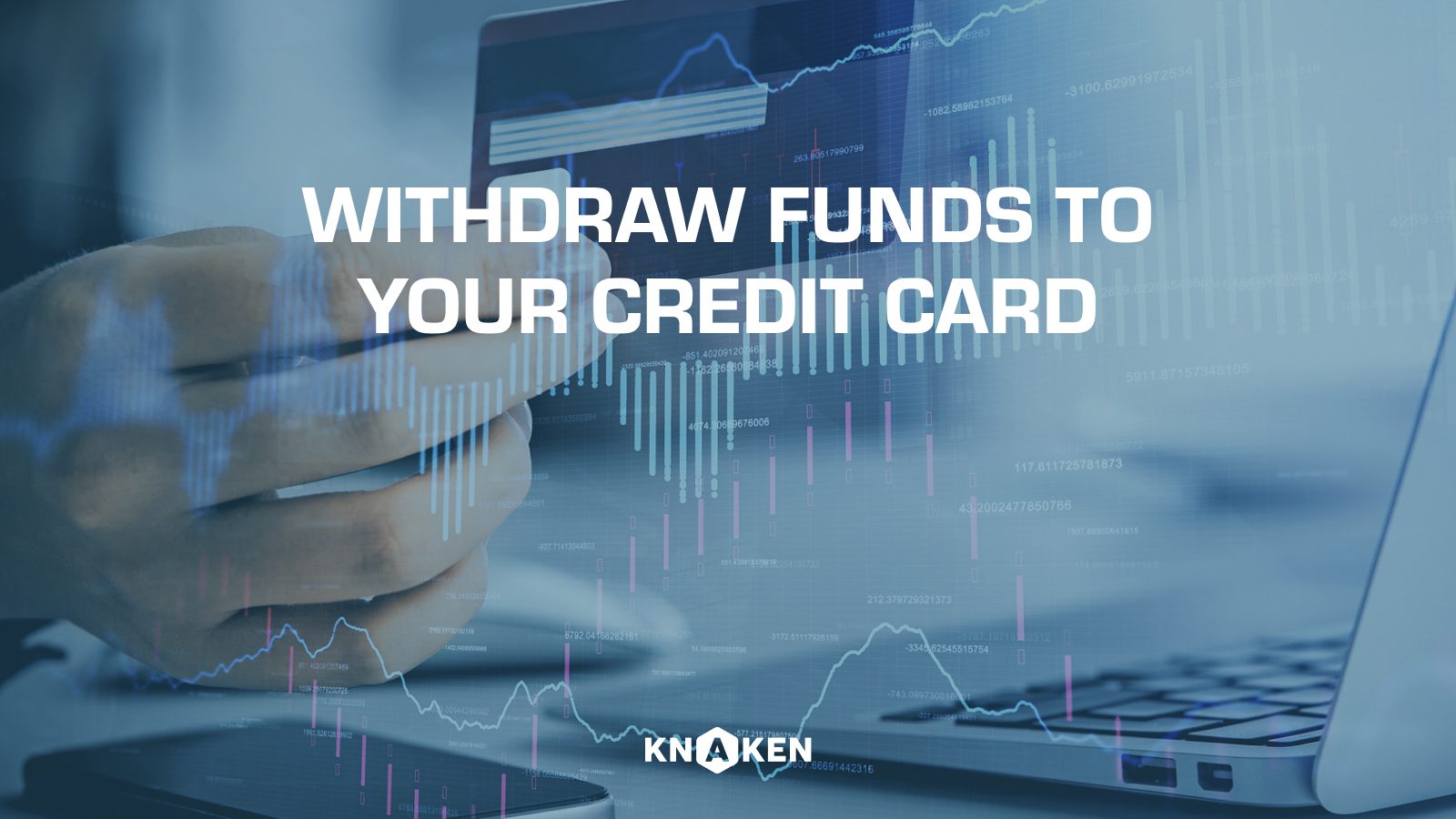Understanding Rollups in the Cryptocurrency Ecosystem
What are Rollups?
Rollups are a significant scaling solution designed to enhance the performance of blockchain networks, particularly Ethereum. By allowing transactions to be processed off the main blockchain while still utilizing its security, Rollups aim to increase throughput, reduce costs, and alleviate network congestion. They permit an array of applications to flourish without straining the underlying blockchain infrastructure.
Types of Rollups
Rollups can be broadly categorized into two primary types:
- Optimistic Rollups: These types assume transactions are valid by default and only execute computation in case of a dispute. This approach minimizes computational costs and optimizes transactional throughput.
- ZK-Rollups (Zero-Knowledge Rollups): ZK-Rollups employ cryptographic proofs known as Zero-Knowledge Succinct Non-Interactive Arguments of Knowledge (zk-SNARKs). This method ensures that only the validity of the transactions is proven without revealing the underlying data, maximizing security and privacy.
How Rollups Work
The working mechanism of Rollups involves several crucial steps:
- Batching Transactions: Rollups bundle multiple transactions into a single batch, significantly reducing the number of transactions that need to be processed on the main chain.
- Processing Off-Chain: The batched transactions are executed off-chain, which alleviates the workload of the main chain, resulting in improved efficiency.
- Submitting State Changes: Once executed, the state changes (proofs of validity) are posted back to the main blockchain, ensuring that the overall integrity of the network is maintained.
Benefits of Rollups
Rollups provide multiple advantages, making them an attractive solution for blockchain scaling:
- Increased Throughput: By processing transactions off-chain, Rollups can handle a significantly larger number of transactions per second compared to traditional on-chain methods.
- Lower Fees: Reducing on-chain transactions allows for decreased gas fees, making transactions more affordable for users.
- Sustainability: Rollups can help reduce the environmental impact associated with on-chain transaction processing, promoting a more sustainable blockchain operation.
- Enhanced Security: Since Rollups rely on the underlying blockchain for security, they maintain high levels of integrity while optimizing performance.
Use Cases for Rollups
Rollups cater to various use cases within the cryptocurrency and blockchain environments:
- Decentralized Finance (DeFi): Rollups enable DeFi projects to process high volumes of transactions, enhancing user experience and supporting complex financial transactions.
- Non-Fungible Tokens (NFTs): As the popularity of NFTs grows, Rollups can facilitate smoother transactions and trading in NFT marketplaces.
- Gaming: Rollups can substantially improve scaling, supporting robust gaming ecosystems where numerous transactions occur simultaneously.
- Data Privacy: The cryptographic properties of ZK-Rollups allow for transactions to remain private, catering to applications requiring confidentiality and enhanced data protection.
Challenges and Limitations of Rollups
Despite their numerous benefits, Rollups come with challenges and limitations:
- Complexity: Implementing and maintaining Rollups can introduce additional complexity for developers and users alike.
- Withdrawal Delays: In the case of Optimistic Rollups, there may be a delay in the withdrawal of funds to address potential fraud claims, impacting user experience.
- Interoperability Issues: Ensuring seamless interaction between Rollups and the main blockchain or between different Rollup solutions can be challenging and requires robust infrastructure.
Future of Rollups in Crypto
The future of Rollups appears promising as they continue to evolve. With ongoing development efforts directed toward refining this technology, Rollups are poised to play an instrumental role in the scaling of blockchain networks. Innovations surrounding interoperability, user experience, and cross-compatibility between Layer 1 and Layer 2 solutions are likely to dictate the trajectory of Rollups in the coming years. As adoption grows and the ecosystem continues to expand, Rollups stand at the forefront of addressing scalability challenges in the crypto space.
Conclusion
Rollups represent a pivotal solution for the scaling challenges faced by blockchain networks. By processing transactions off-chain while safeguarding security and integrity, they enable a wider range of applications and foster innovation within the decentralized ecosystem. As the crypto landscape evolves, understanding and embracing Rollups will be crucial for developers, investors, and users alike seeking to leverage this transformative technology.


















